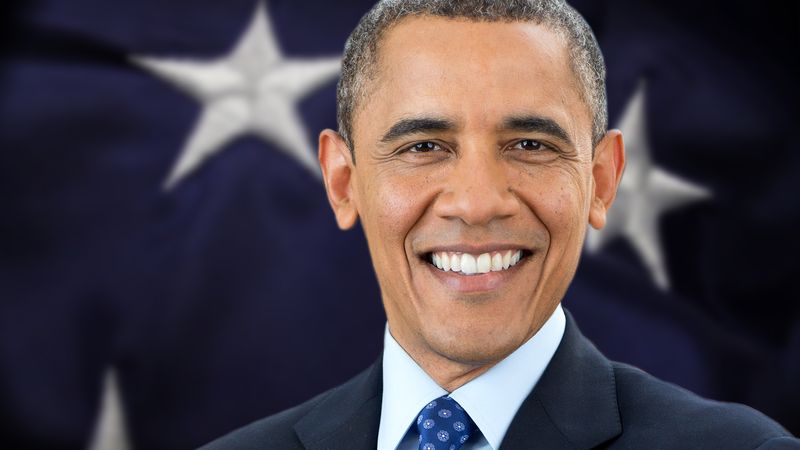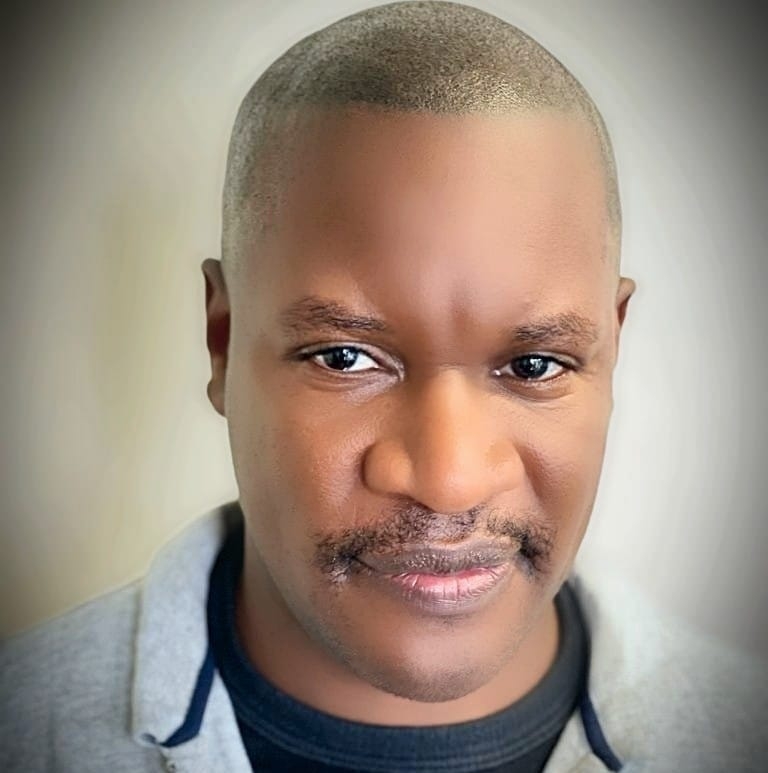The unequal coverage of the Oceangate submersible, with the loss of 5 lives, versus the sinking of a migrant boat, with the loss of 700 people, in the Mediterranean Sea, off the coastline of Greece, is a travesty that underlines “an obscene inequality.”
The Oceangate submersible incident gripped and dominated the news cycles worldwide while the migrant boat tragedy got a glancing moment in the press.
What is behind such inequality of coverage? 5 occupants versus 700 occupants. True, one lost life leaves a hurting and grieving family behind (and we should offer condolences to them), but the proportion of 5 lost lives versus 700 lost lives clearly shows that more pain and suffering, in terms of magnitude, is left behind for the families of the 700 lives who perished. Clearly, the scales are heavily tipped against the loved ones of the 700 lives.
One can suppose that the reasons that explain such outrageous inequality are attributes of class, race, and notable status.
The 5 occupants of the Oceangate submersible were people of class. They were fabulously rich (one of whom was a billionaire with links to Buckingham Palace); they had connections to people in power and had access to outstanding resources. A trip in the submersible that cost $250, 000 was mere chump change for them. In contrast, the migrants in the capsized boat were poor, had no connections to powerful people, and had no access to the meagerest of resources – except to the clothes they wore.
The occupants of the Oceangate submersible were fair skinned. The migrants in the boat were likely darker skinned. It is abominable to think about this – but one must wonder whether this “-ism” could have played a role in the inequality of coverage.
The occupants of the Oceangate were obviously notable. They were great minds with a lot to offer humanity. The boat migrants, however, were non-notable; they were just “migrants” looking for refuge with nothing to offer society except cause more problems (sarcasm).
Such “obscene inequality” must be looked at closely. The press should look at itself, through close introspective lenses. Why did the two events, one significantly more impactful than the other, get different coverages in a clearly “illogical and lopsided” way?
This introspection shouldn’t stop at the press. The public that desires such sensational stories should not get off easily. Why do readers like to follow one story over the other? This leads us to the fact that “obscene inequality” can run deeper than we think.
About the writer
Dr. Ivan Edwards is a Ugandan American who was born and raised in Uganda, and later immigrated to the US, where he currently resides. He is a medical doctor, a USAF flight surgeon, at the rank of Lieutenant Colonel, a humanitarian, an entrepreneur and an international motivational speaker.
Do you have a story in your community or an opinion to share with us: Email us at Submit an Article







